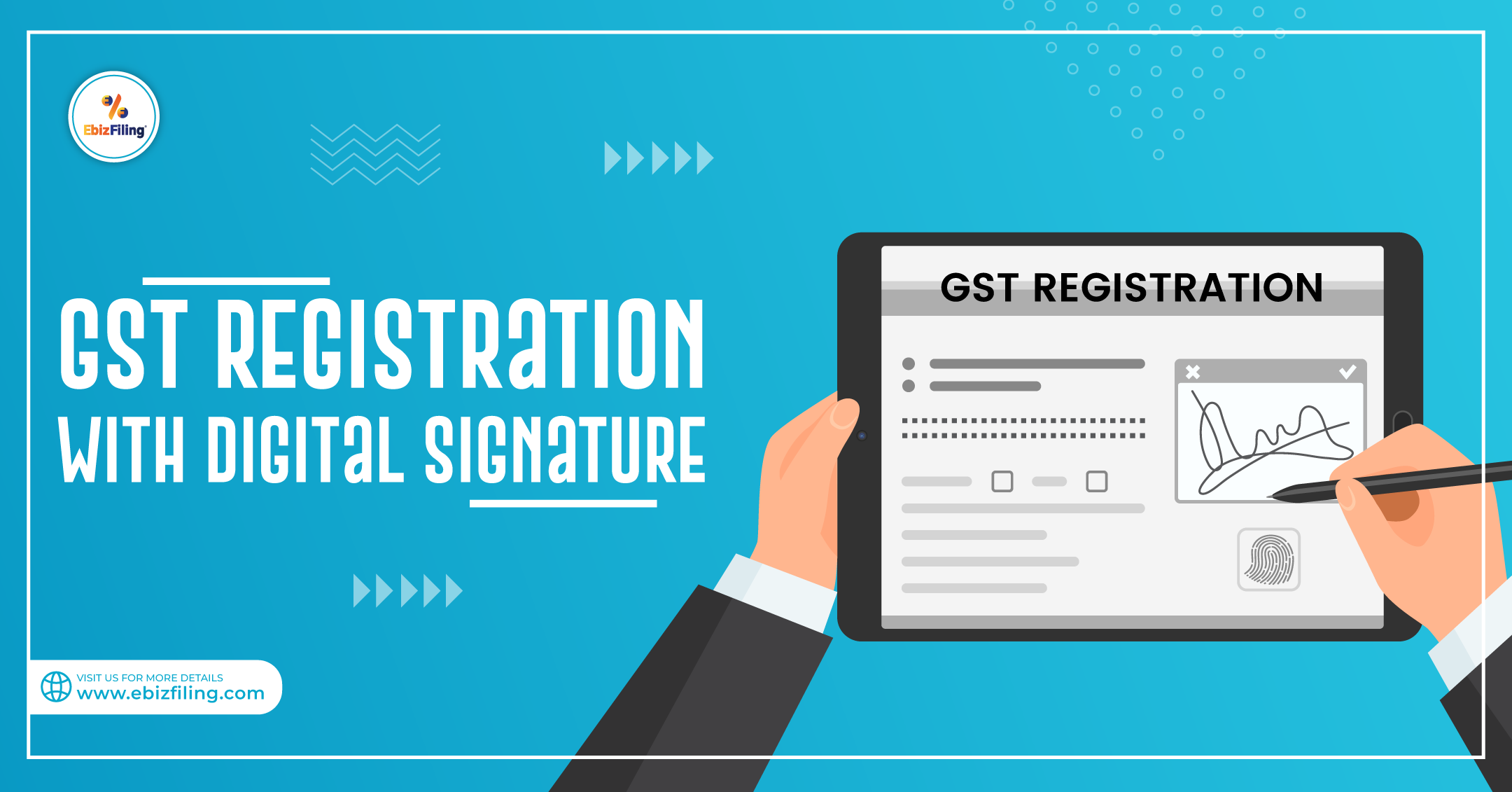Step-by-Step Refine for Singapore GST Registration Explained
Step-by-Step Refine for Singapore GST Registration Explained
Blog Article
The Ultimate Overview to Simplifying the GST Enrollment Process and Requirements for Local Business Owners

Recognizing GST Fundamentals
To grasp the fundamentals of the Goods and Provider Tax (GST) system, small company proprietors should initially understand its underlying concepts and effects. Under the GST regime, services are called for to gather and register tax obligation on behalf of the federal government, making certain openness and compliance.
One of the key principles of GST is input tax debt, which allows services to claim credit for taxes paid on their acquisitions. This system protects against the cascading effect of tax obligations and advertises performance in the tax obligation system. In addition, GST is a destination-based tax, suggesting that the tax is imposed at the factor of consumption as opposed to the factor of origin. This makes sure fair circulation of tax revenue among states based on where the services or products are consumed. Understanding these standard concepts is crucial for local business owners to browse the intricacies of the GST system and make sure conformity with the regulation.
Qualification Requirements for Enrollment
Having developed a fundamental understanding of GST concepts, small business owners must currently satisfy specific eligibility standards to wage the enrollment procedure. In India, entities involved in the supply of products or services with a yearly aggregate turn over exceeding Rs. 40 lakhs (Rs. 10 lakhs for unique classification states) are needed to sign up for GST. Additionally, specific businesses such as those entailed in inter-state supply of goods, laid-back taxed persons, and those needed to pay tax obligation under the reverse charge system need to register for GST irrespective of their turn over. Businesses that were signed up under the previous tax regimen (BARREL, service tax, and so on) are likewise mandated to sign up under GST. However, agricultural organizations that only supply create out of main manufacturing are exempt from GST enrollment. It is important for company proprietors to carefully evaluate their eligibility based upon these standards to make certain compliance with the regulation and prevent any kind of charges for non-compliance.
Records Needed for GST Registration

Simplified Registration Refine Actions
Adhering to the collection and confirmation of the requisite records, the enrollment procedure for GST can be navigated with a series of simplified actions created to facilitate effective compliance for local business proprietors. The very first step entails going to the GST website and selecting the 'New Enrollment' option. Subsequently, the applicant should fill up in Part look at here A of the GST REG-01 type with details such as PAN, mobile number, and e-mail address to acquire an OTP for verification. Once the OTP is received and entered, a Short-lived Recommendation Number (TRN) is produced for additional procedures. The following step requires completing Part B of the type with needed service details, submitting sustaining files, and completing the confirmation process using DSC or EVC. Upon effective confirmation, an Application Recommendation Number (ARN) is issued, showing the completion of the GST enrollment procedure. By adhering to these simplified actions, small business owners can properly register for GST and guarantee conformity with tax regulations.
Tips for Ensuring Conformity
To keep governing adherence and functional stability, diligent oversight and positive steps are critical in guaranteeing conformity with GST needs for small service owners. Local business proprietors must remain updated with GST guidelines, filing deadlines, and any adjustments in tax obligation prices to prevent penalties and keep an excellent standing with tax authorities. One vital tip for conformity is to keep exact and in-depth records of all purchases, including invoices, expenditures, and receipts connected to GST. Routinely integrating financial records with GST returns can aid in recognizing and rectifying any kind of disparities quickly. In addition, carrying out regular interior audits or looking for expert aid can make sure that business is following all GST rules appropriately. It is additionally vital for local business proprietors to buy GST-compliant accounting software application that can enhance the tax obligation filing process and minimize errors. Attending GST understanding workshops or training programs can boost understanding and compliance with GST regulations, ultimately benefiting the company in the lengthy run.
Conclusion
To conclude, small company owners need to comprehend the essentials of GST, fulfill the qualification requirements, collect necessary papers, and adhere to the streamlined enrollment process actions to guarantee compliance. By streamlining the GST registration process and requirements, local business proprietors can stay clear of charges and run their organizations smoothly within the lawful structure - Singapore GST Registration. It is essential for small company owners to stay certified and educated with GST laws to maintain a successful organization operation
Small service proprietors looking for GST enrollment have to ensure they collect and submit the see post required documents to complete the Recommended Reading enrollment procedure successfully. The documents needed for GST registration normally include proof of service enrollment or incorporation, FRYING PAN (Irreversible Account Number) card of the service address, entity and identification proof of the promoters/partners/directors, photos, address proof of the area of business, financial institution account statements or terminated cheques, and consent types. Participating in GST awareness workshops or training programs can boost understanding and conformity with GST guidelines, ultimately profiting the organization in the long run.
By simplifying the GST registration process and demands, small service proprietors can avoid fines and operate their businesses efficiently within the legal framework. It is essential for small organization proprietors to stay certified and enlightened with GST regulations to preserve an effective company operation.
Report this page